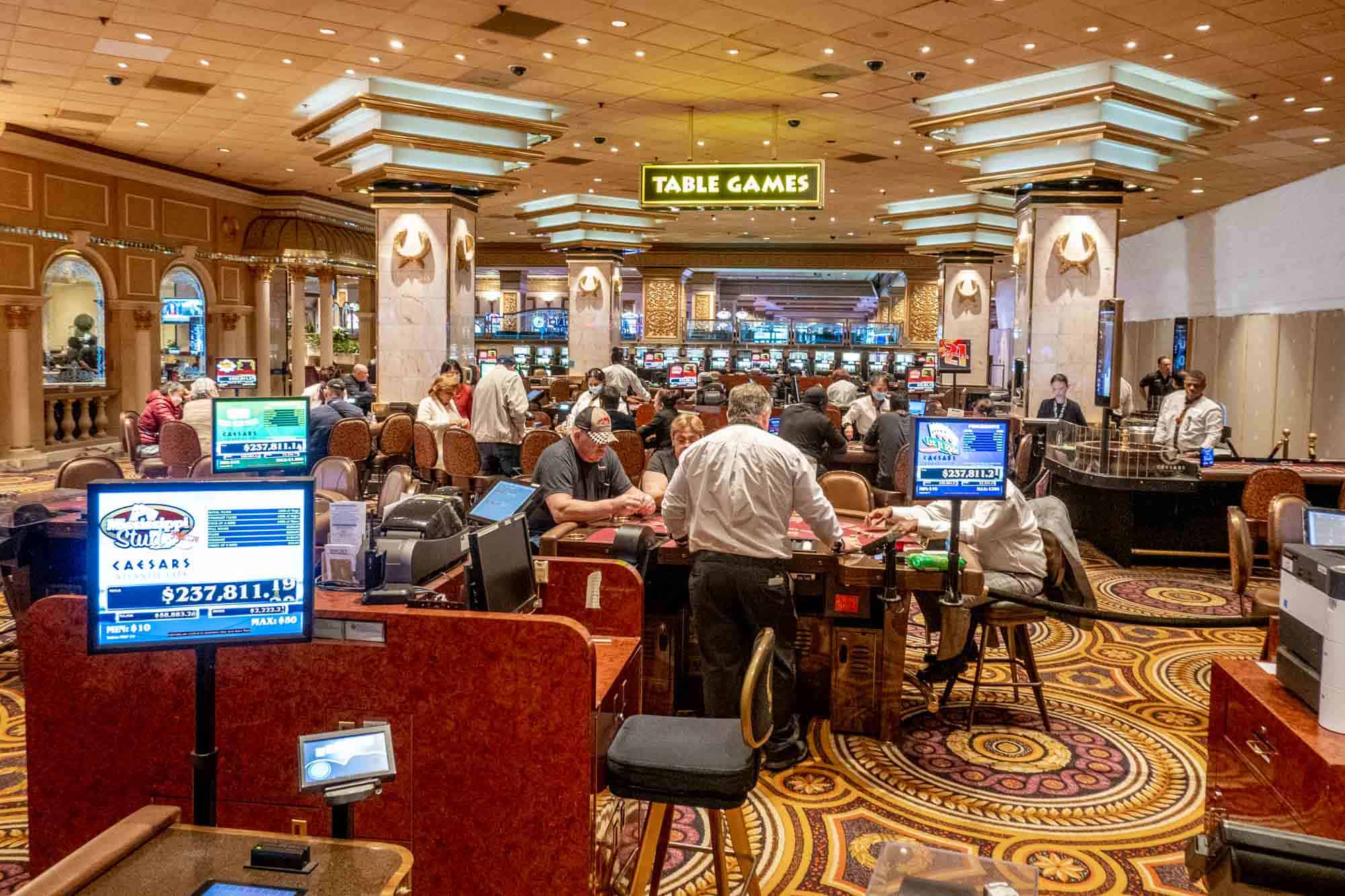
Casino games have long been a fascinating entertainment option, drawing numerous of players from varied cultures around the globe. From the glitzy casinos of the Strip to the busy gambling halls of Macau, these games serve as a common thread that connects people across a variety of backgrounds. The allure of chance, skill, and uncertainty entices not only those seeking to gamble for profit but also those in search of a shared experience.
The influence of casino games extends significantly past the gaming floor. They often reflect the social norms and beliefs of the cultures in which they flourish. Games such as seven-card stud, pontoon, and roulette have embedded themselves into the mosaic of popular culture, influencing various aspects from movies to fashion. As we explore this captivating intersection of luck and life, we can gain insights into how these games shape and are shaped by the surrounding world.
Historical Development of Gambling Activities
The roots of gaming activities can be tracked back to ancient cultures, where betting in different forms was extensively performed. In China, around two thousand three hundred years before Christ, a form of gambling known as Keno was common, while in old the Roman Empire, soldiers would frequently wager on the consequences of their games. The concept of using chance for amusement and gain evolved over the years, leading to the establishment of more formal games. By the end of the Middle Ages, gambling houses initiated to surface in Europe, particularly in Italy, which brought forth early versions of well-liked activities still practiced today.
As gambling expanded recognition in Europe, the 17th and 18th centuries saw the appearance of casinos as specialized locations for betting. The first official gambling house, the Ridotto, was founded in the city of Venice in the year 1638, featuring activities like the game of Baccarat and Faro games. This era marked a significant turning point, as casinos began to attract not just the elite but also the burgeoning middle class. The refinement of activities increased, leading to the development of new rules and versions that enhanced the play experience.
In the 19th century, the industrial revolution and changes in societal standards further changed the terrain of casino activities. The introduction of roulette and modern gaming machines drew a larger audience, and gambling establishments became seen as acceptable recreation. This era witnessed the worldwide proliferation of casino activities, as casinos spread from Europe to the New World, culminating in the establishment of the famous Las Vegas Boulevard in the twentieth century. The development of casino games has continued into the present day, including new technologies and digital platforms, rendering them open to a global market.
## Cultural Significance across Different Communities
Casino activities have profound cultural and social importance across a multitude of cultures throughout the planet. In Las Vegas, the very fabric of the urban landscape is woven around gambling establishments, where playing is not just a pastime but a key aspect of social engagement and community interaction. The vivid lights and dynamic atmosphere attract countless individuals, showcasing how gambling activities can impact local economies and local cultures. This surrounding transforms the notion of leisure into an engaging event that shapes style, melodies, and even cinema.
Conversely, some communities approach gambling with greater care, viewing it through the lens of ethical beliefs and heritage. For instance, in various Eastern cultures, games like Mahjong and Pai Gow Gambling are rich with history and carry significant social relevance. These games are often played during gatherings and celebrations, fostering social ties and reinforcing family ties. The act of participating in these games goes past mere amusement, reflecting ethics such as honoring elders and the importance of collective enjoyment.
At the same time, in European countries such as Monaco and Rome, gambling activities serve as symbols of luxury and elegance. The stylish atmosphere of these establishments attracts both tourists and residents, reinforcing a sense of prestige and rarity. The art of Texas Hold’em and the tactical components of games like baccarat are celebrated, influencing community relationships and establishing an allure that enthralls a heterogeneous audience. This emphasizes how casino games can concurrently reflect and mold cultural perspectives towards danger, reward, and social interaction.
Economic Impact and Tourism
Casino games play a crucial role in the economic landscape of many areas, particularly those that depend significantly on visitor traffic. The revenue produced from gambling establishments fuels local economies, creating employment opportunities not only within the casinos but also but also in related sectors such as hotel management, dining, and recreation. This influx of tourists, drawn by the allure of games and the overall gaming environment, stimulates spending across multiple local enterprises, contributing to the economic vitality of the region.
The presence of casinos often leads to the development of infrastructure, including lodging, public transit, and recreational facilities. These developments are essential in improving the overall tourist experience, making locations more attractive to tourists. Additionally, many casinos invest in local communities through support of activities and charitable initiatives, further integrating themselves into the community structure of the region. non AAMS casino Such investment not only supports economic growth but also cultivates a positive reputation of the gambling sector.
Moreover, the worldwide appeal of casino games drives tourism competition, with regions vying to attract gamblers from around the world. Iconic locations like Las Vegas and Macau have become synonymous with casino culture, drawing millions each year. This competitive edge encourages innovation and variety within the gambling sector, influencing developments in leisure and accommodation that extend beyond their limits. The consequences of this visitor influx extend wide, impacting local economies and cultural interactions on a global scale.